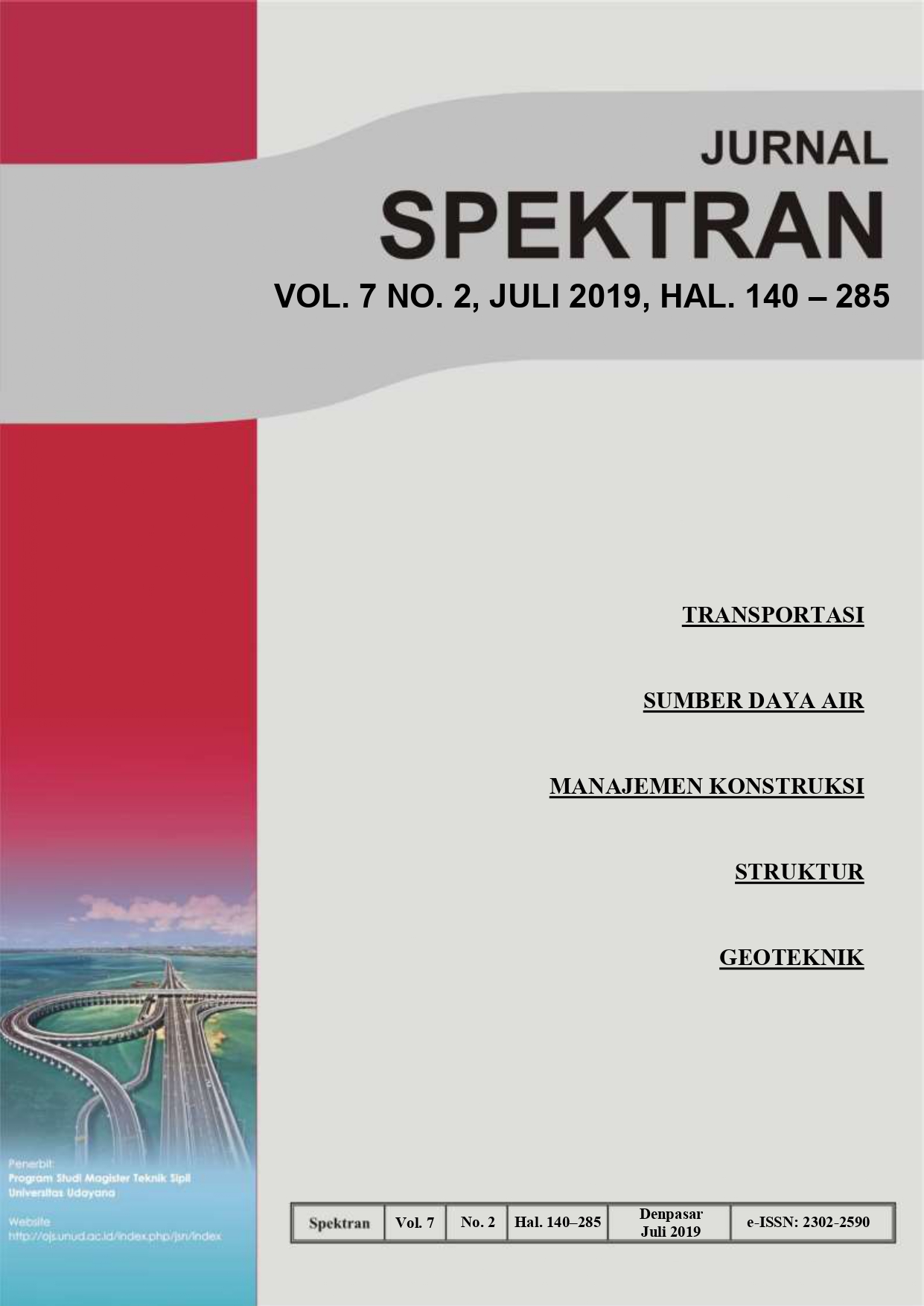PENGELOLAAN PERMUKIMAN KUMUH BERKELANJUTAN DI PERKOTAAN
Abstract
SUSTAINABLE URBAN SLUMS MANAGEMENT
ABSTRACT
Indonesia’s population tends to increase with a relatively high population growth, with year-over-year growth reaching ± 1,45%. Globally, Indonesia occupies the sixth position just after Laos (2,3% per year), Phillipines (2,0% per year), Brunei Darussalam (1,9% per year), Malaysia (1,8% per year), and Cambodia (1,8% per year). If it is not followed by government policies, it has the potential to evoke negative impact, namely the increasing number of slum settlements. That is why a study is needed to manage settlements based on spatial use. In addition, building planning that is able to provide comfort and health for its users is needed. The purpose of the study is to formulate settlement management based on spatial use and building design that accomodates environmental aspects. The approach used in the study is based on the principles of sustainable developments and study documents by Direktorat Cipta Karya. Some of the principles proposed are accomodating about land use, population mobility, utilization of renewable energy, urban economics improvement, social development, and accessibility.




